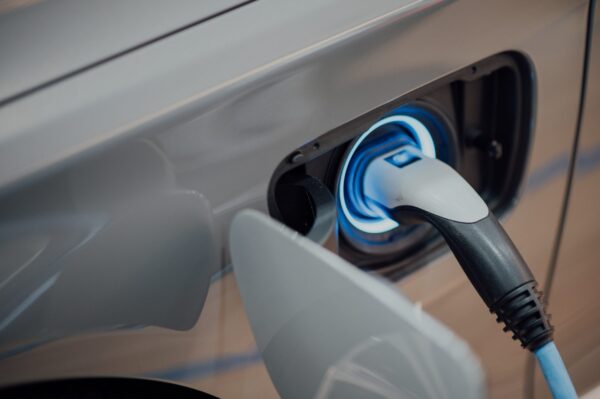Electric vehicle charging points will be legally required in new buildings from 2022.
The mandate will apply to developers of new residential housing, office blocks and retail sites, as well as to the developers of large-scale renovations where there are ten or more parking spaces.
The government says this change will lead to the installation of up to 145,000 EV chargers across England each year through to 2030.
What does this mean for your business?
In order to support this new development, businesses owners and property landlords will need to check that their new buildings have the infrastructural capacity available to supply electricity to EVs. Therefore, new buildings will need to be designed to accommodate this.
As the uptake of electric vehicles continues to rise over the next few years, it will become increasingly expected from your clients and staff members to provide them with access to electricity to charge up their cars. This means that an investment into your building’s electrical infrastructure will be needed to ensure that chargers can accommodate the wide range of charging capacities of electric vehicles.
In the future, as electric vehicle battery technology advances there will be a need to offer fast chargers to support vehicles that have higher capacities. Therefore, ensuring that the system is futureproofed and able to accommodate these changes going forward is essential.
By investing in electric vehicle charging points for your site, you can display your commitment to tackling climate change to your clients, which has now become a major factor when deciding which company to work with.
You can also generate the electricity for your charging points through a PV canopy system located in the parking lot, known as a solar carport. This allows your company to make the best use of all the available space on your site and establish a reliable source of renewable energy for the chargers.

The rise of Vehicle-to-grid technology
With the rise of Vehicle-to-grid (V2G) technology, vehicles can now feed the energy stored in an electric vehicles battery back to the National Grid. This allows electric vehicle owners to earn from selling their excess energy back to the Grid boosting electricity supply at times of peak demand.
Specially made chargers are required in order to enable V2G technology but it will eventually become expected by road users in the near future. This means that the new building’s infrastructure will need to be able to accommodate these chargers.
How can we help?
As one of the UK’s market leaders in renewable energy solutions, we are in the best position to help your business realise the potential of Electric Vehicle charging technology.
Our team of renewable energy experts are available to provide Net Zero consultancy and renewable technology (Solar, EV, battery) quotations alongside installation operations and maintenance support to asset owners.
Ultimately, the transition to electric vehicles is upon us, and now is the best time to procure an expert to guide you on which solution is best for your business.